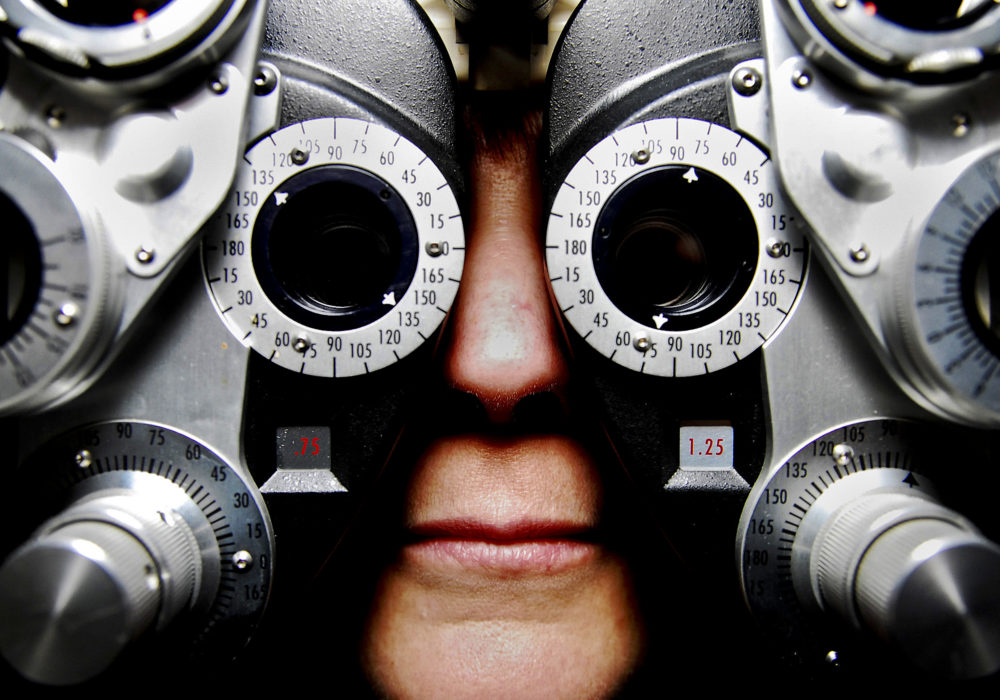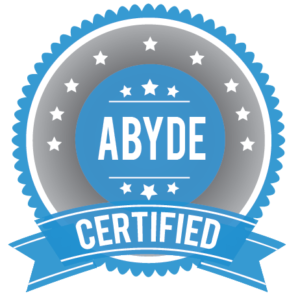Whether you or a loved one are having a first eye exam, a repeat eye exam, or are seeing a new eye doctor for the first time, there are a number of routine questions you can expect. But your answers to these questions during eye exams are anything but routine for your eye doctor.
That’s because there are any number of factors in your medical history that can contribute to current or potential vision problems. Understanding your lifestyle and describing any visual problems you’re having helps to point your eye exam in the right direction. There are medical conditions, medications and circumstances that can put you or a family member at a higher risk for certain eye diseases.
Beyond having your vision insurance information, necessary payment and identification ready, here’s a checklist of things to know before you approach the front desk at your next eye exam.
- What eye problems are you having now? Is your vision blurry or hazy at certain distances? Do you have problems in your side vision? Are you experiencing pain or discomfort in certain lighting situations?
- Do you have a history of any eye problems or eye injury? Do you have a current prescription for glasses or contact lenses? Are you wearing them regularly, and if so, are you still happy with them?
- Were you or your loved one born prematurely? Have you had any health problems in the recent such as high blood pressure or heart disease? Are you diabetic? Are you considered overweight?
- Are you taking any medications? Do you have allergies to medications, food or other materials? Seasonal allergies?
- Has anyone in your family (including parents) suffered from eye problems or diseases such as cataracts, glaucoma or macular degeneration?
- Has anyone in your family (including parents) suffered from high blood pressure, heart disease or diabetes? What about other health problems that can affect the whole body like blood disorders or cancer?
Eye exams include a detailed history because many things you might consider unrelated to vision may actually affect your current vision, or reveal potential risks for developing certain eye diseases. Be ready to provide a complete history at your next eye exam, and help the front desk, and your eye doctor, best prepare for the examination that follows.
For regularly scheduled eye exams, expect to talk about any changes in your medical history since the last time you saw your eye doctor. And if this is your first time in a new practice, you’ll be asked to provide a more complete medical history, including a list of medications you’re currently taking, and any vision problems your parents may have experienced.
In addition, you’ll undergo a series of vision and eye tests that help determine the overall health and quality of your vision. These tests also help to check that your current prescription glasses or contacts (if you have one) is still meeting your vision needs. Your eye doctor will also check your eyes for signs of any potential vision problems or eye diseases. In many instances, your pupil may be dilated (opened) using special drops so that your eye doctor can better see the structures of the eye.
You’ll then have an honest discussion about the current state of your eye health and vision, and your eye doctor may “prescribe” vision correction for you in the form of eyeglasses or contact lenses. Any health concerns or possibly serious vision complications will also be discussed, including the next steps you must take to preserve and protect your sight. It’s essential, too, that you make the most out of your exams.
In general, a routine eye exam will last less than an hour depending upon the number of tests you have, and may be partially or completely covered by many vision insurance plans.
If it’s time for your next eye appointment, call us today to schedule your visit!







